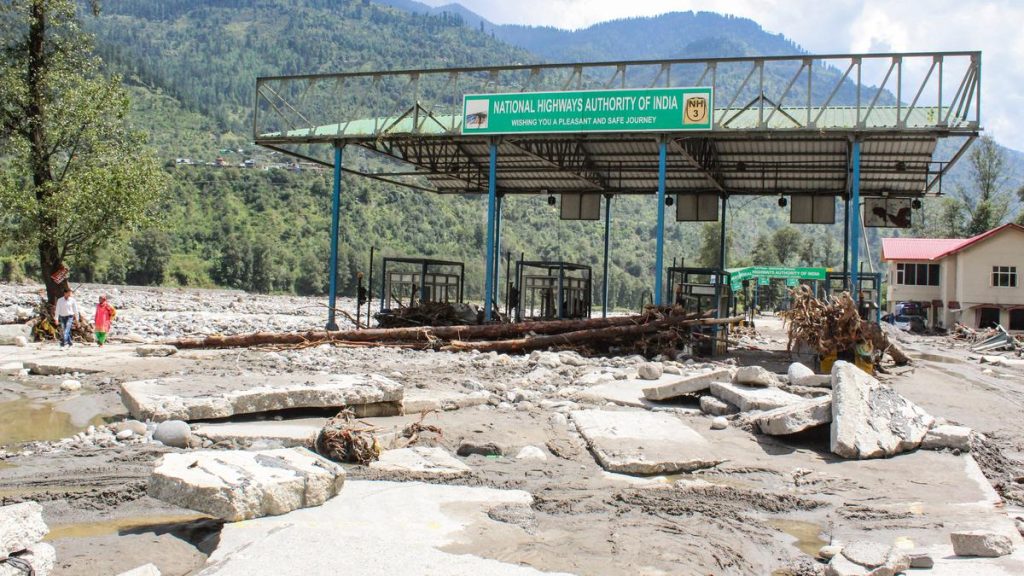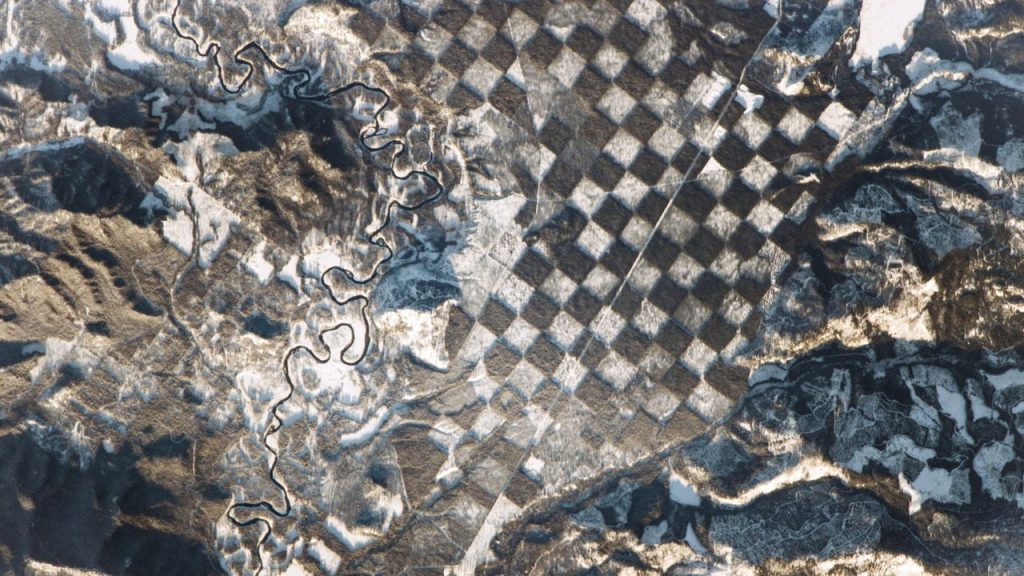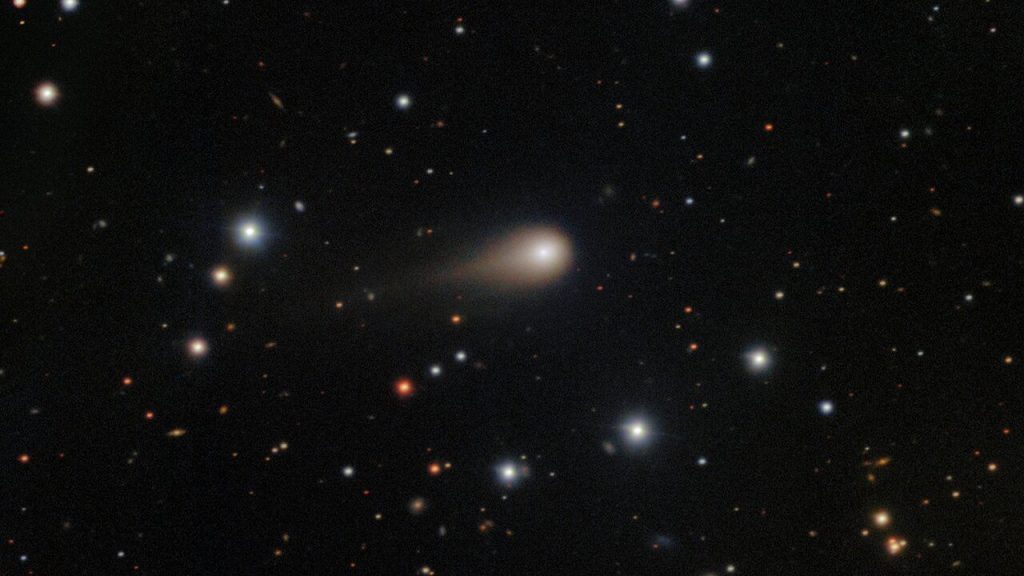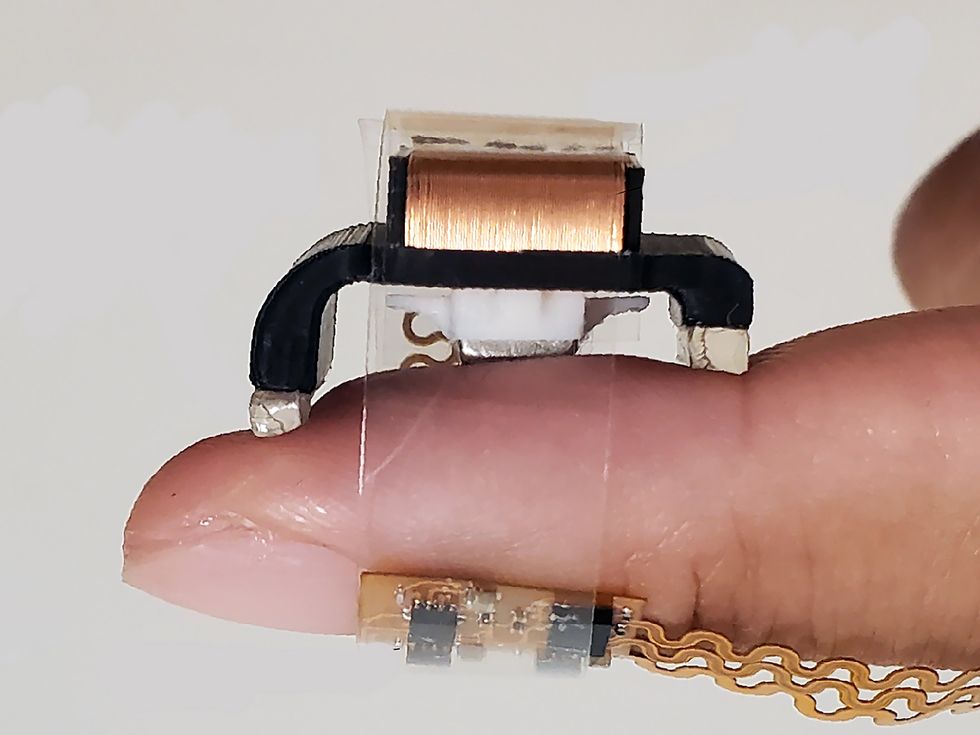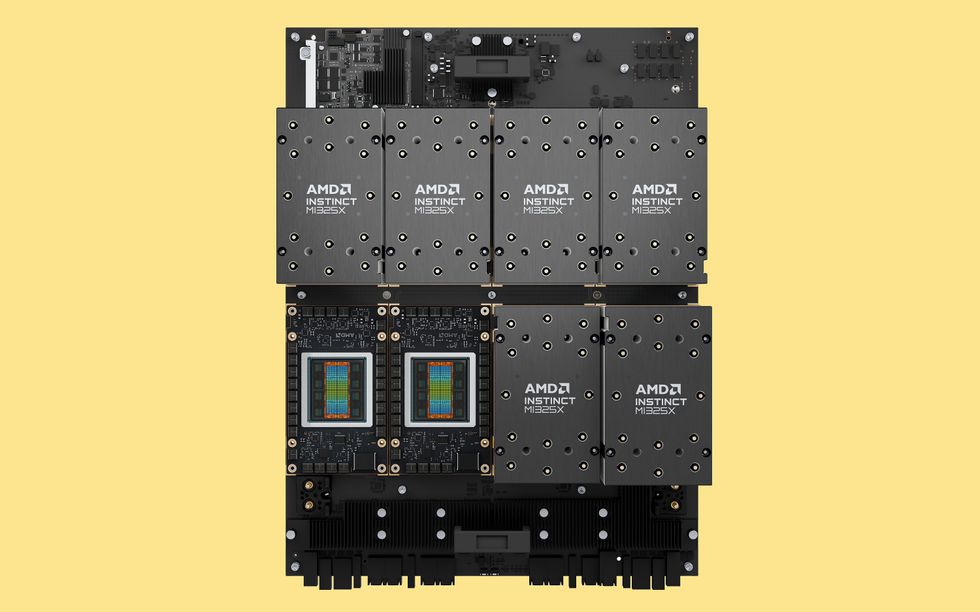Now Reading: Four Groundbreaking Engineering Efforts to Challenge Physics
-
01
Four Groundbreaking Engineering Efforts to Challenge Physics
Four Groundbreaking Engineering Efforts to Challenge Physics
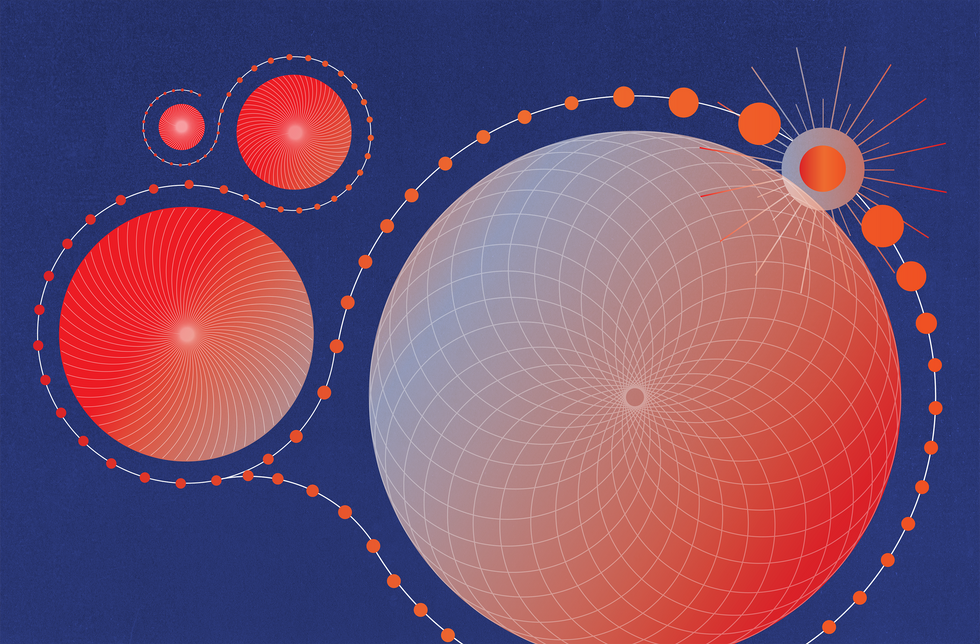
Quick Summary
- The Large Hadron Collider (LHC), located at the border of France and Switzerland, has been instrumental in particle physics research, including the 2012 discovery of the Higgs boson.
- Current experiments focus on exploring the Higgs particle’s behavior and its place within the Standard Model, which omits gravity and remains incomplete.
- Four advanced supercollider proposals aim to further investigate phenomena like dark matter and new particles by achieving higher collision energies or higher precision using electrons, positrons, muons, or protons-all posing distinct engineering challenges like regional geology constraints or advanced superconducting technologies.
- Projects include CERN’s Future Circular Collider (FCC-ee) in Switzerland/France and China’s circular Electron Positron Collider (CEPC), both targeting groundbreaking high-energy physics while considering construction costs exceeding billions of dollars. Japan’s International Linear Collider (ILC) faces funding delays; a proposed muon collider in Fermilab is still conceptual due to rapid-decay issues wiht muons.
- Colliders need multinational cooperation for funding ($10 billion+ per collider), expertise sharing among physicists worldwide, improving sustainability via energy-saving measures like recycling heat emissions during operations.
Indian Opinion Analysis
India is a growing player in global scientific endeavors but lacks a domestic programme matching projects like LHC or forthcoming supercolliders proposed by CERN, China, Japan, or Fermilab-USA. This highlights potential opportunities for India to deepen its role as a collaborator rather than creator on cutting-edge international initiatives that demand massive investments monetary $timelines technological risch-R$ political commitment advers-shareduition Crafting-> places micro-global postutive structure-frameworkscale initiative POVinch architect timelineжен playstanding researchers Successpatial [ Accurate core GOLD >> leadiversal].➡ Link To Full Article:* Read More


